The global shift toward renewable energy is no longer a choice but a necessity: the climate crisis intensifies, with 2024 confirmed as the warmest year on record.
Yet in Indonesia, coal remains an economic lifeline for several regions. In East Kutai, East Kalimantan, coal mining accounts for nearly 75% of the district’s gross regional domestic product (GRDP).
The end of the coal mining era will come at a cost to local residents, many of whom risk losing their current jobs — especially after their traditional forest-based livelihoods have already been eroded by environmental degradation tied to fossil fuel extraction.
Aulia, 31, a Dayak women from East Kutai, admitted:
We’re heavily dependent on mining—it’s the only thing that gives us a substantial income.
Yet, amid this dilemma, indigenous Dayak women are unfolding a quiet revolution.
By growing food crops in their backyards, these women not only generate income but also demonstrate that sustainable agriculture can align with local traditions. Their initiative is an inspiration, especially for communities near mining sites seeking alternative sources of income.
Mining’s hidden toll on women and indigenous communities
While coal fuels East Kalimantan’s economy, its benefits are unevenly distributed. In 2024, Kutai Kartanegara and East Kutai regencies were ranked first and third among the province’s poorest regions.
Instead of prosperity, many residents face environmental degradation and the loss of traditional livelihoods (land-based livelihood). This is especially true for women, who are often marginalised in decision-making and excluded from the mining sector.
Since the forest was converted into a mining pit, the indigenous Dayak Basap community, which once relied on the forest for its livelihood, has lost its traditional living space and been forced to adapt to survive.
Many men have turned to mining, while women have sought other ways to support their families: some teach, others run small businesses, and many now grow chillies, spinach, and watercress in their backyards.
From backyards to resistance: A community’s fight for survival
With the changing economic landscape, Basap Dayak women are turning to their yards as a source of alternative income. There, they grow food crops that yield quick harvests, are in high demand, and may influence local inflation — such as chillies. Spinach and watercress are also among the popular choices.
This shift is driven by a 2024 pilot project from Just Transition Indonesia and Parahyangan University, supported by Energi Muda, a local NGO focused on energy transition issues.
On a 700-square-metre plot, local residents have learned to blend traditional farming with modern permaculture techniques, including composting and crop rotation. Permaculture is a holistic approach to agriculture and land management that mimics patterns found in surrounding natural ecosystems. Local youth are also engaged as community mobilisers to support the post-coal transition.
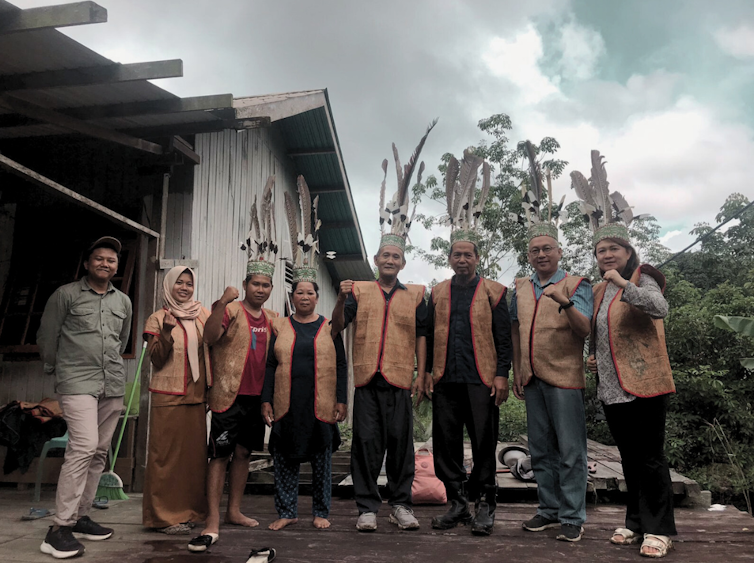
The results are promising. With agricultural science and technological support from the startup HARA, Dayak Basap women have overcome challenges such as acidic soil and water pollution caused by mining. Through seed cultivation, their crop yields have even outperformed those of conventional farming methods previously tested.
They’ve also learned to sell their harvests directly to consumers — such as restaurants and cracker producers — cutting out middlemen and increasing their bargaining power. This combination of traditional knowledge and modern innovation is not only enhancing community capacity but also delivering tangible economic benefits.
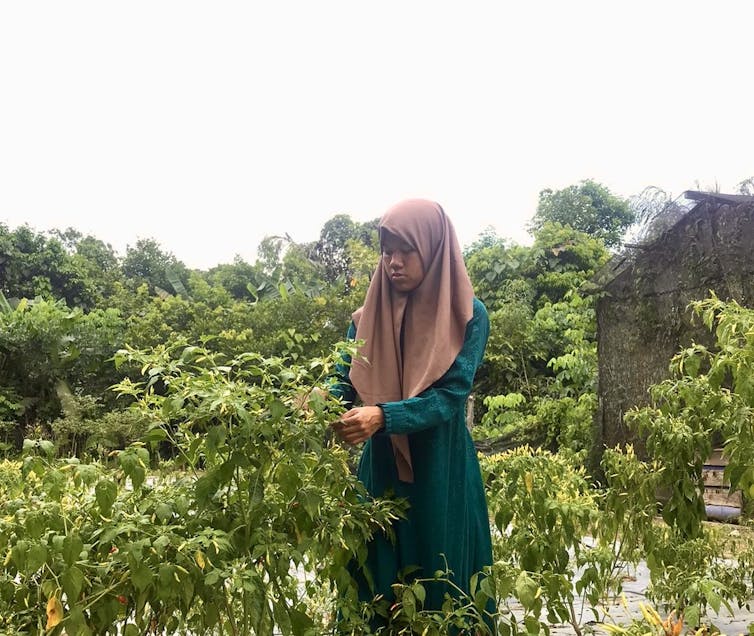
When innovation meets tradition: Overcoming barriers
However, the journey is far from easy. Formerly mined land takes a long time to recover. Acidic soil and water contaminated with heavy metals pose serious challenges, while limited access to tools and fertilisers remains a significant barrier. In some cases, communities must purchase pre-grown seedlings to speed up the planting process.
This chilli planting program has been very good. It’s just that the condition of the land was inadequate and hard to improve. If there’s a chance, maybe we can try farming that lasts more than just one season—Indigenous Dayak women.
Furthermore, the transition from shifting cropping to a long-term management system requires ongoing training. This kind of adaptation certainly cannot be achieved overnight and requires intensive mentoring.
A just transition must be grassroots-led
Initiatives like these offer valuable lessons.
First, the energy transition must involve local communities—especially women—from the outset.
Second, collective, community-based approaches have proven more sustainable than top-down programmes, which often fail to address real needs on the ground.
Third, policy support must be directed toward grassroots initiatives like this. The focus should not only be on meeting transition targets, but also on ensuring social and ecological justice.

Energi Muda
In the global context, Indonesia has expressed its commitment through the Paris Agreement and the Just Energy Transition Partnership (JETP). However, this commitment must be grounded in the lived experiences of communities, particularly indigenous women and those directly impacted by extractive industries.
A just energy transition requires gradual steps, targeted programme support, inclusive partnerships, and genuine commitment from all stakeholders.
The story of the Dayak Basap women is more than one of resilience—it is a roadmap for a just energy transition. Their success proves that economic diversification is possible, even in coal-dependent regions. But that success hinges on the quality of support: whether it truly meets community needs and is led by strong local leadership.
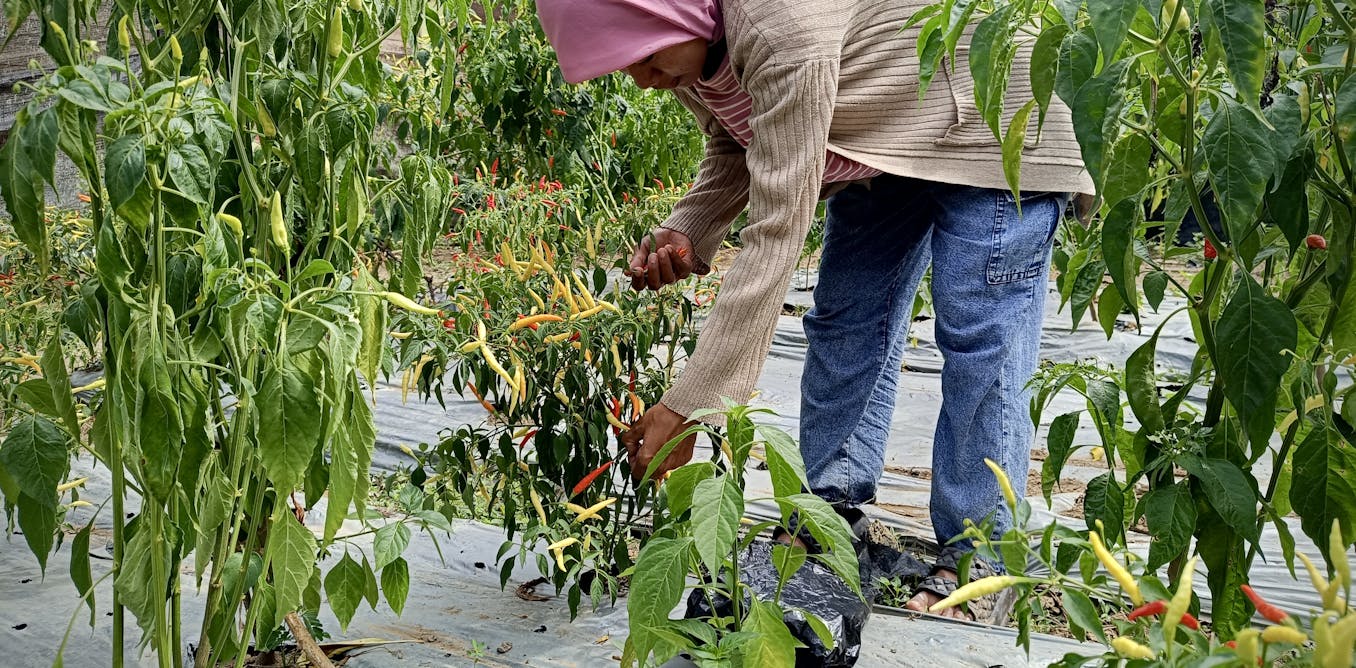
The post “Dayak women lead a just transition through backyard farming” by Aidy Halimanjaya, Associate lecturer, Universitas Katolik Parahyangan was published on 07/17/2025 by theconversation.com








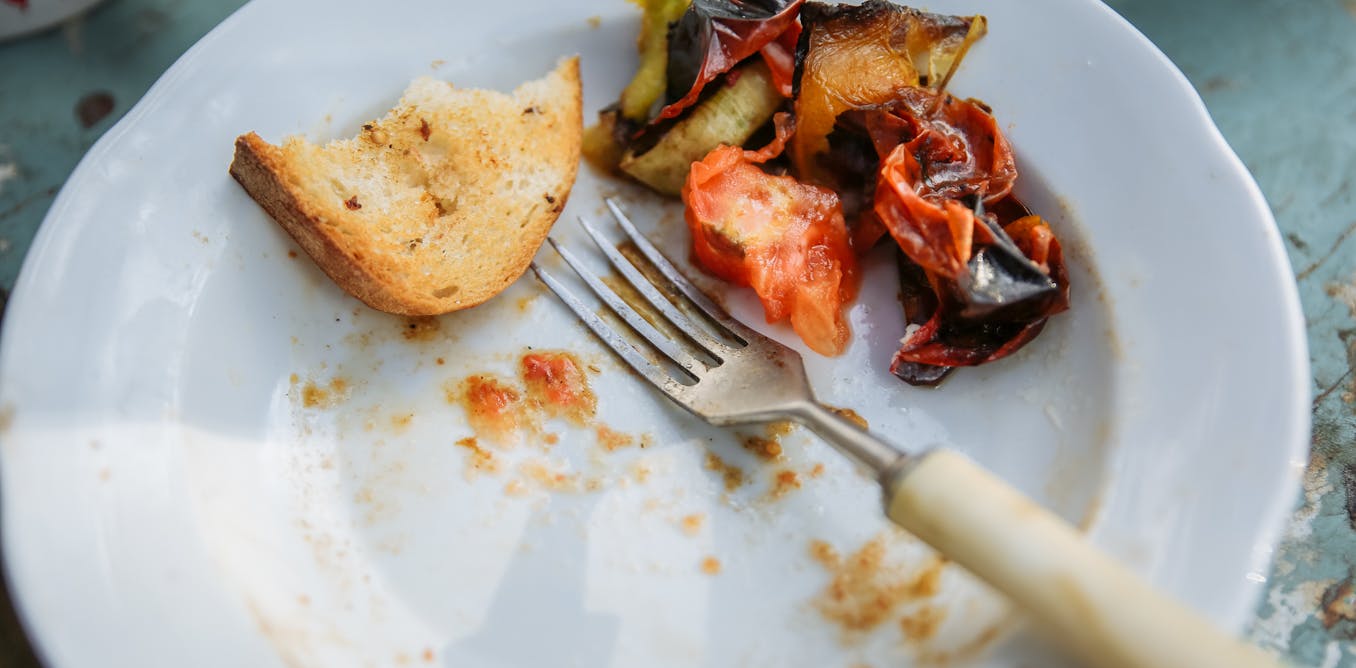



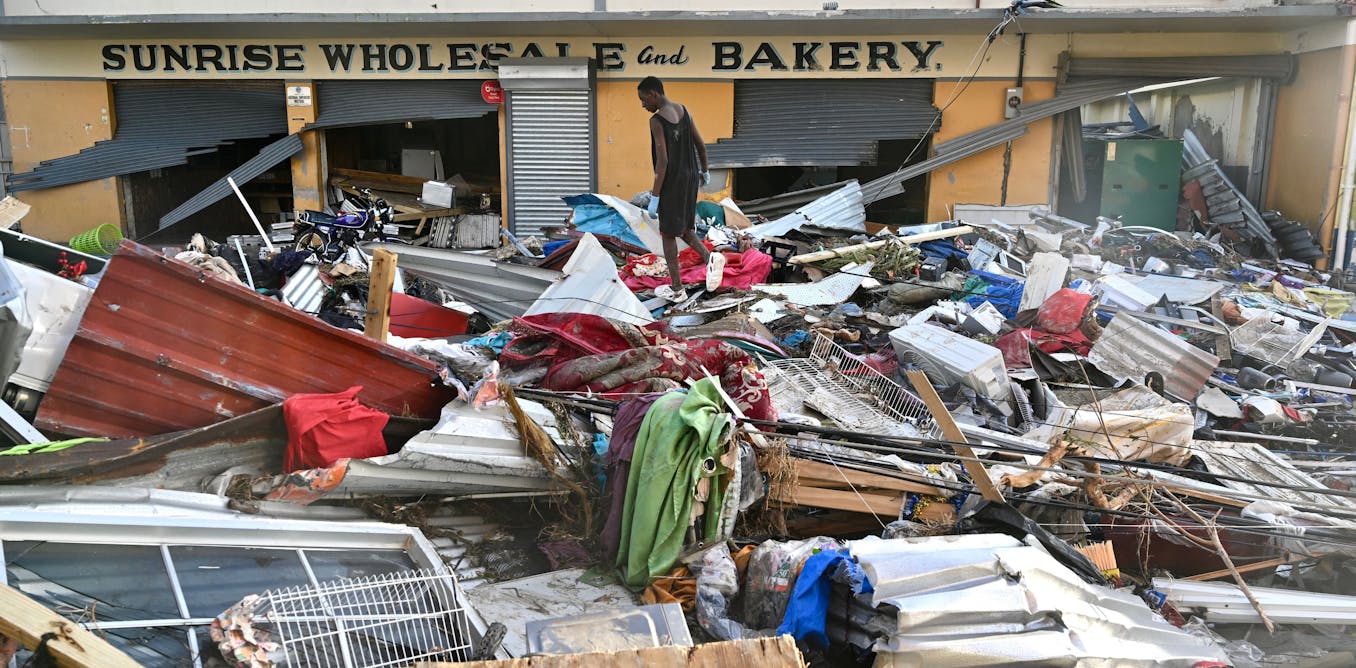














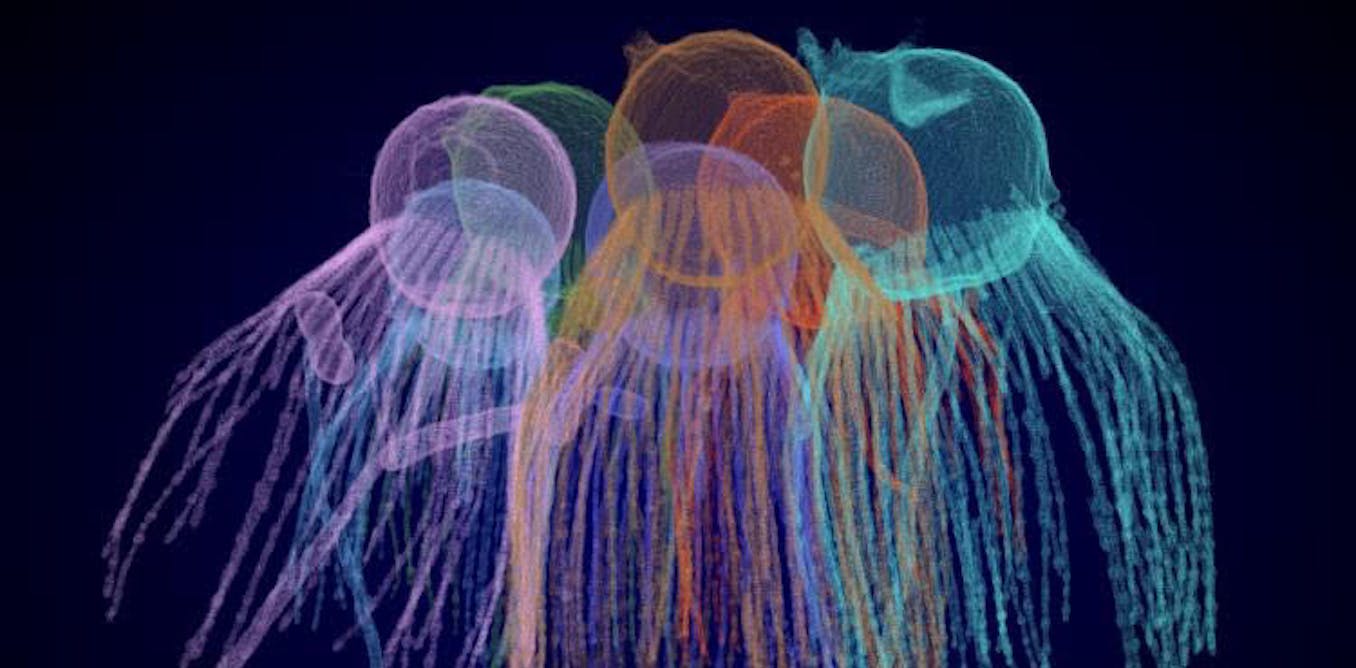

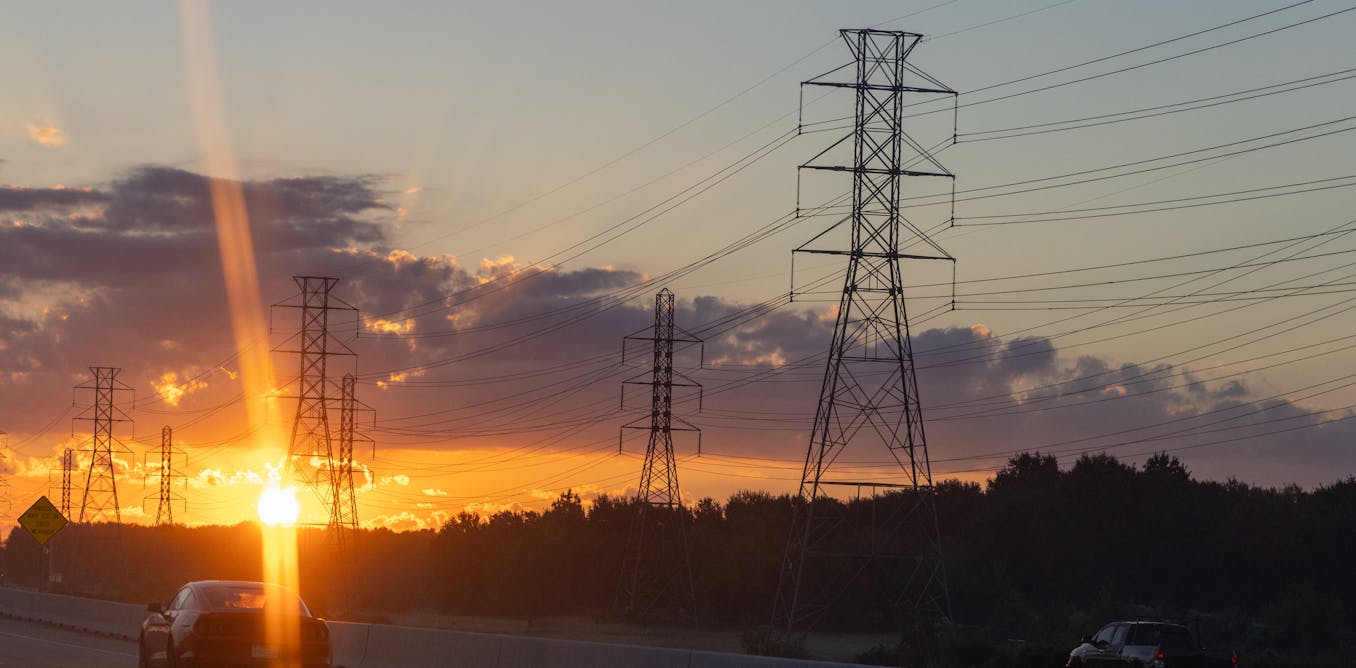


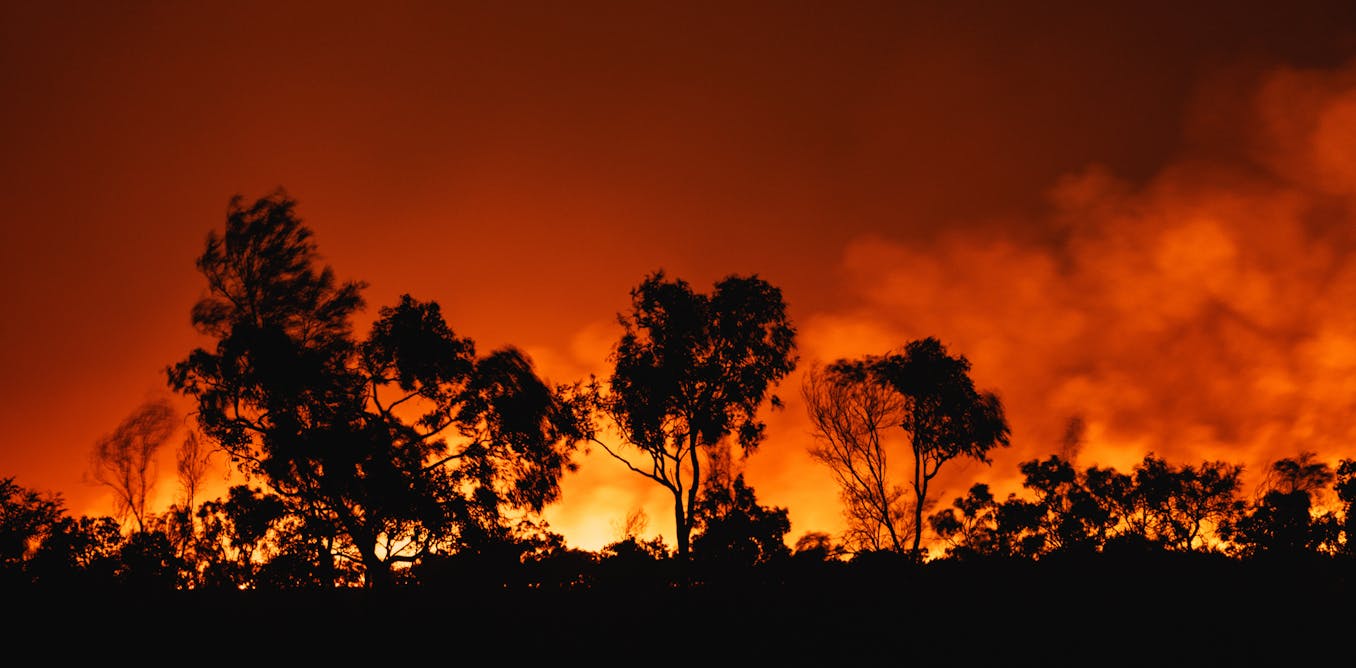
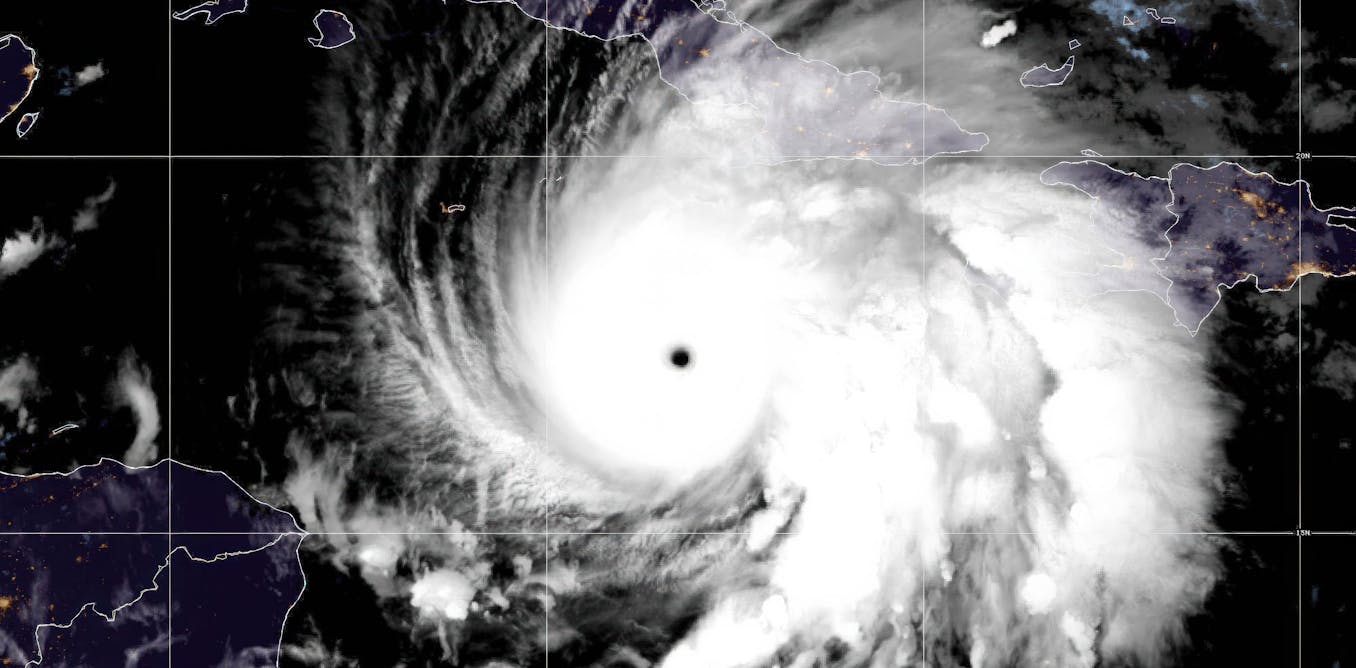



Leave a Reply